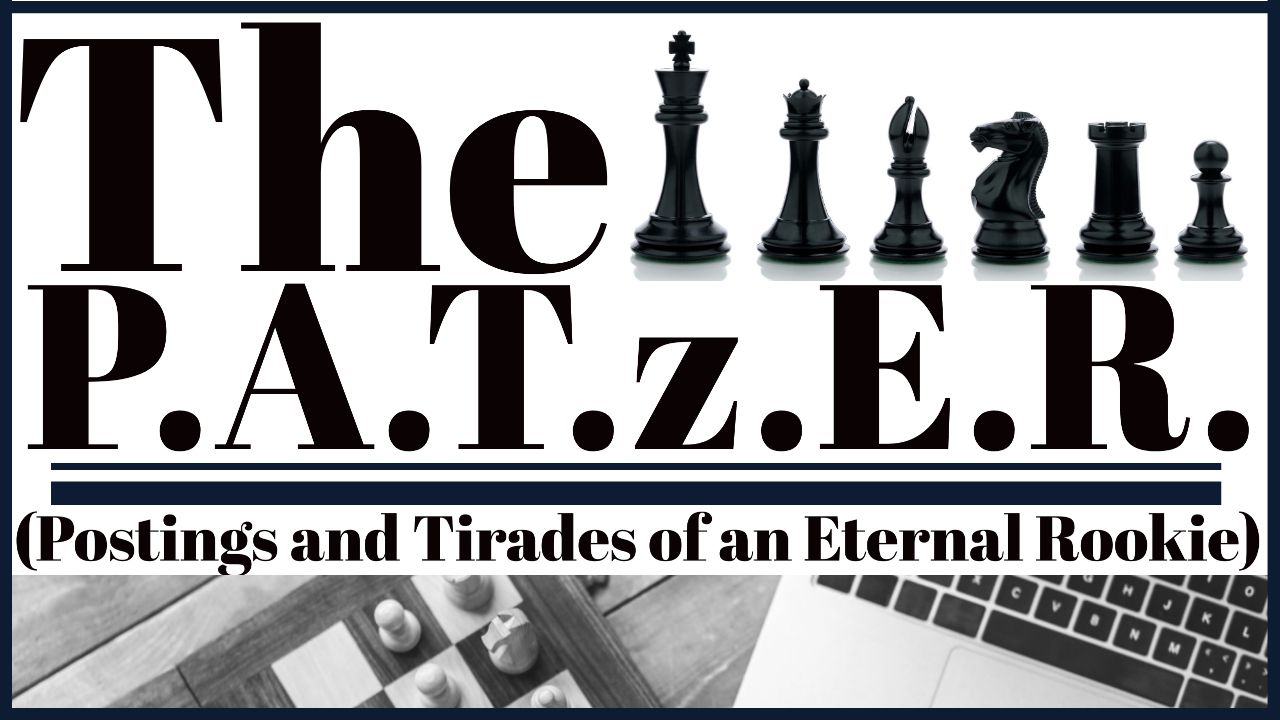
Dude, where's my elephant?
If you have been around chess long enough, you have likely heard someone refer to the Rook as "the castle." Usually, this is followed by someone with a higher ELO rating publicly shaming them for their folly.
Interestingly, the rook has had many names over the long history of chess, and indeed "The Castle" was one of them. In addition, it has also been called the Tower, the Rector, and the Marquis; just to name few.
So what was it originally supposed to be?
The word "Rook" comes from the Persian word rukh which means chariot. So originally the Rook was designed to represent a chariot, known for its quick mobility around the battlefield. And interestingly, the chariots were decorated to look like they were built of stonework in order to give the impression that they were heavily-fortified weapons of war.
As time passed, the chariot design transitioned from the chariot to an elephant with (or without) a tower on its back. Ultimately the elephant was dropped and, as it appears today, only the tower remains.
 Public domain image.
Public domain image.
It is speculated that when the game made it to Italy that the word Rukh sounded a lot like the Italian word Rocca, which means fortress. So this could have lead to them being referred to as the Castle.
It is also theorized that the Rook was transitioned to represent a siege tower, as it was called the Torre in some parts of the world. The word Torre means tower in Italian, Portuguese, and Spanish. A siege tower would have made perfect sense to the medieval chess player as this was a familiar sight on the medieval battlefield.
 Siege tower. Public domain image.
Siege tower. Public domain image.
In other parts of the world, the Rook was converted to a ship or boat. I'm glad this didn't transition didn't stick around. The idea of a boat floating (?) around a battlefield doesn't make much sense.
So, after centuries of transitions, the Chess world has ultimately settled upon the Rook whose name is derived from the Persian word for chariot and whose design represents a tower with battlements placed atop it.
Sorry, elephants.

